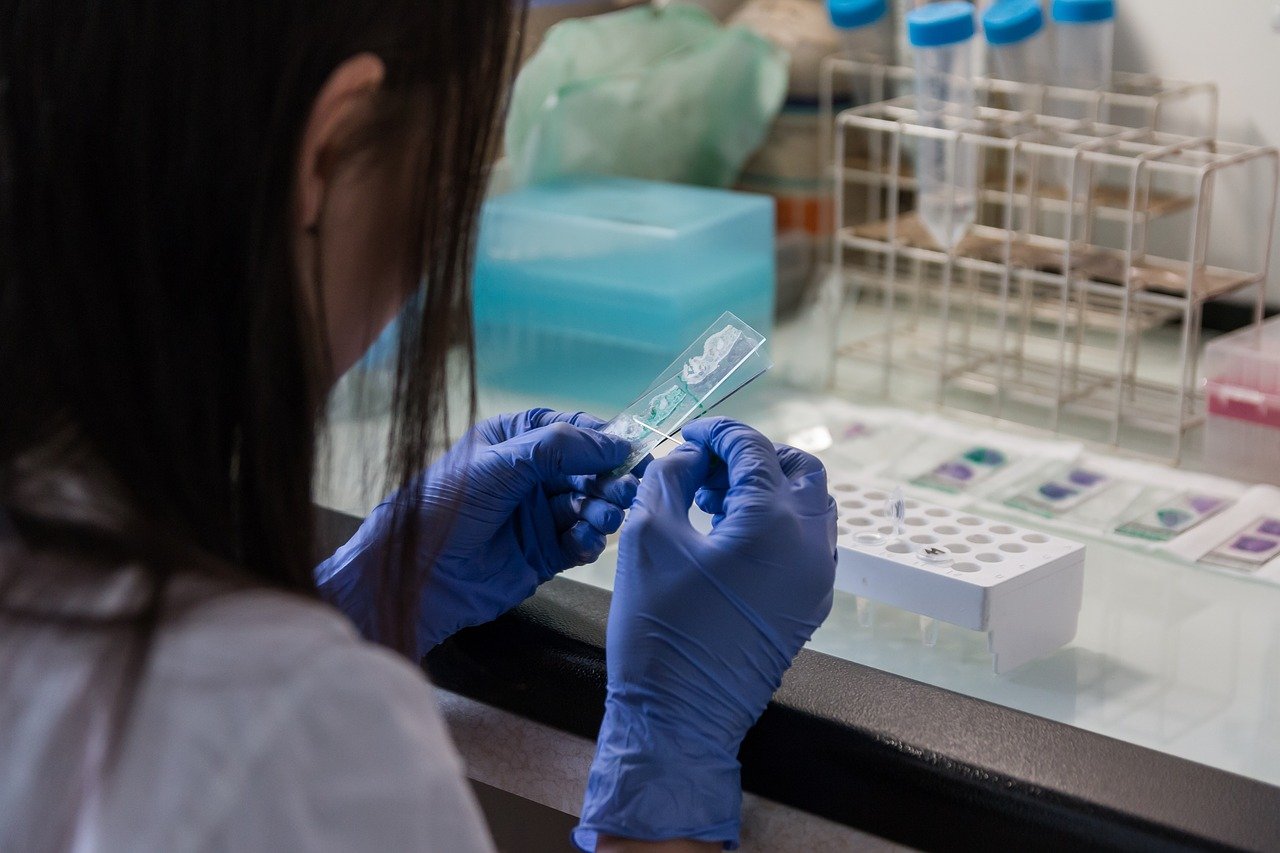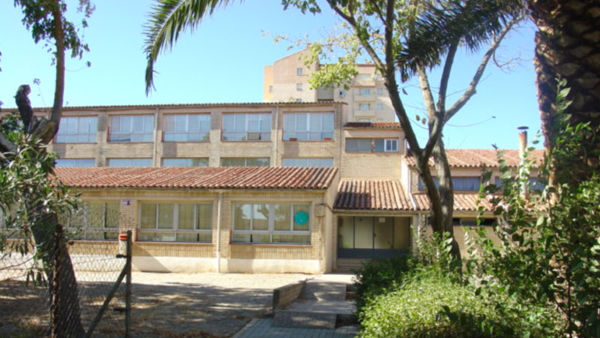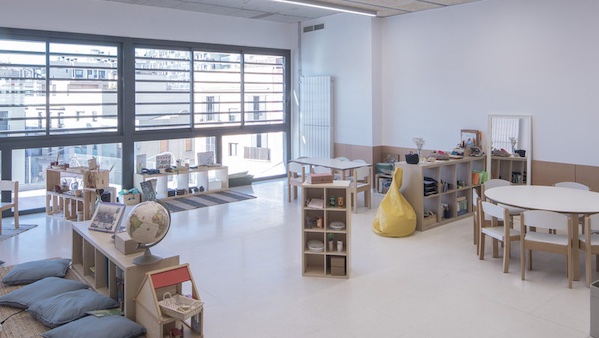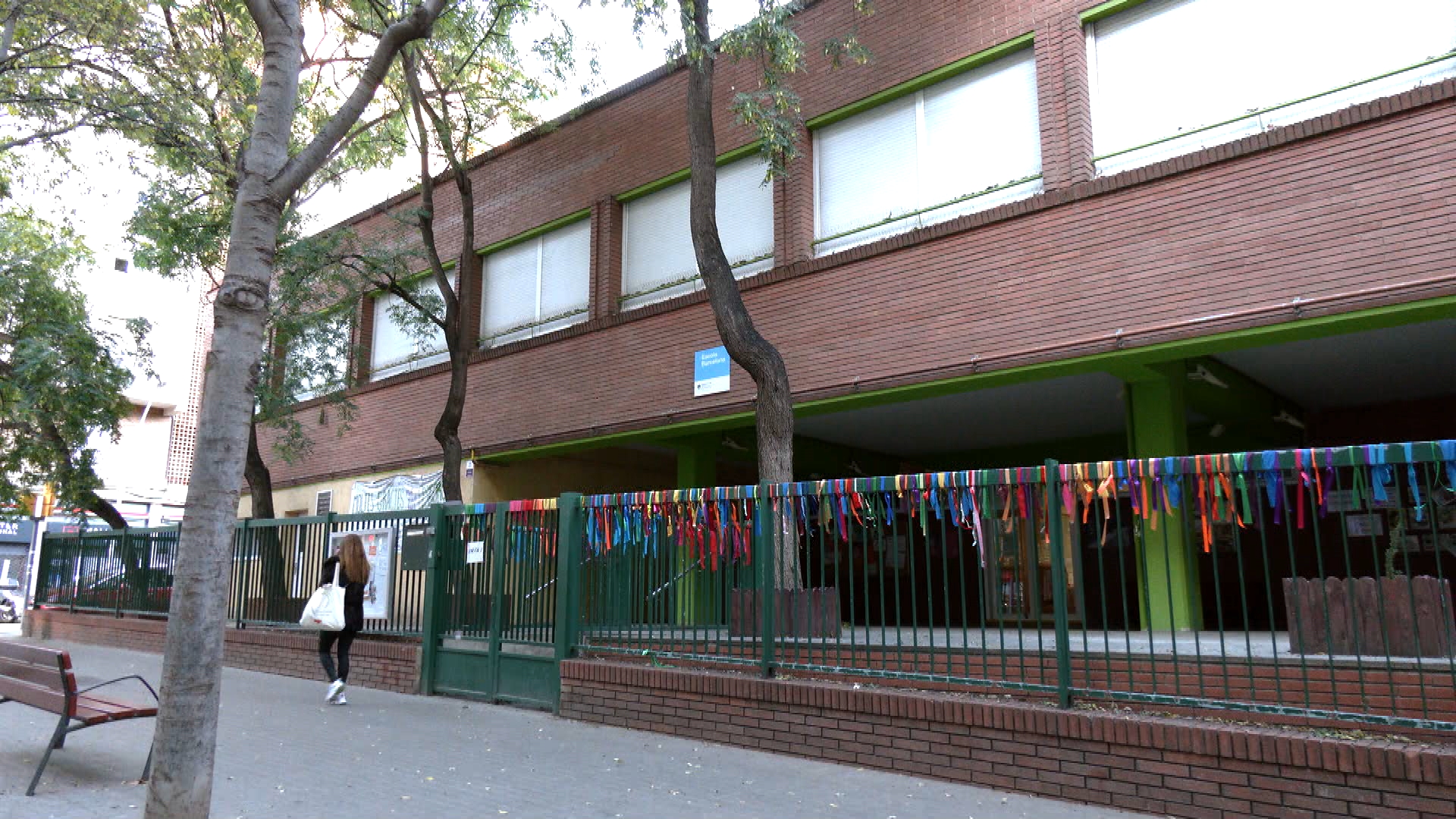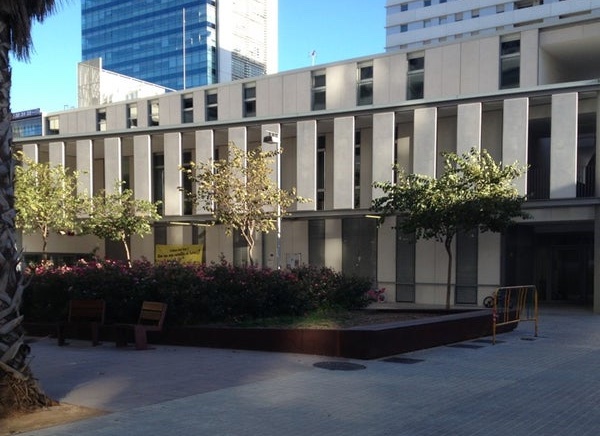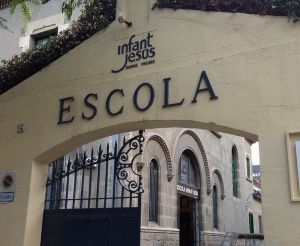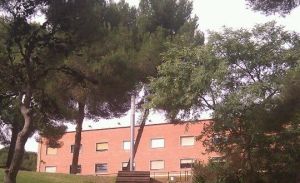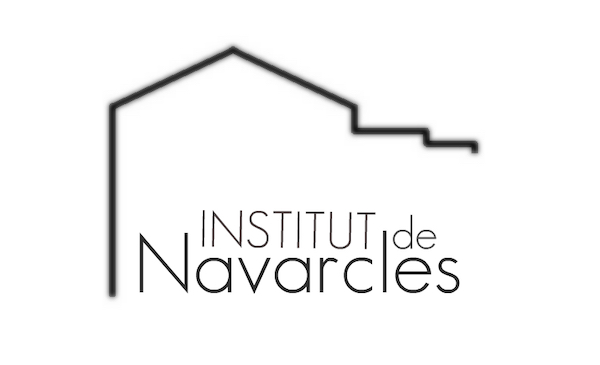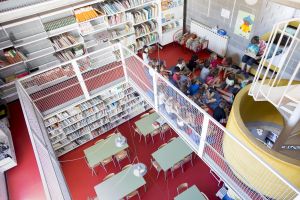Personalising learning through students’ interests. Teacher collaboration and students’ engagement
Implica-te

The starting hypothesis of the project is twofold.
On the one hand, it is considered that, within the framework of the new culture of learning associated with the Information Society, it is necessary to introduce substantial changes in school educational practices, aimed at adapting these practices to the needs posed by the new ecology of learning. Among these changes, the adoption of a personalization perspective, and particularly taking into consideration the interests of students as a starting point for educational action, occupies a fundamental place, since they directly affect the possibility that students can attribute meaning to the school learning and develop the necessary involvement and commitment in these activities.
On the other hand, it is considered that the necessary change and improvement of educational practices oriented to work with and from the interests of the students is an inseparable process from the development of professional teaching communities committed to innovation and educational transformation. Understanding these dynamics of joint work and the factors that influence them, as well as the processes that allow them to develop successfully, is therefore, fundamental for implementing these changes in school educational practices.
The project Personalising learning through students’ interests. Teacher collaboration and students’ engagement aims to study the process of implementation of initiatives and proposals for personalised learning, especially those taking into account the interests of students as a starting point for educational action aimed at reinforcing the meaning that students attribute to the learning carried out in schools.
The project Personalising learning through students’ interests. Teacher collaboration and students’ engagement has the support of the Ministry of Science and Innovation from the Spanish Government within the framework of the call For R+D+i Projects Research Challenges. Reference PID2020-116223RB-I00.
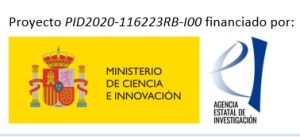
Start date: September 2021
End date: September 2024
The IMPLICA-TE project has three main goals:
- To explore the perception of teachers, students and families about the factors that promote the involvement and commitment of children at school, as well as their expectations regarding the impact of the participation of students in these educational practices for their personal and professional future.
- To deepen in the understanding of how certain educational practices of personalised learning can help students to build and reconstruct their own interests, as well as the role that these practices play in promoting school learning with meaning and personal value for students.
- To describe and understand the dynamics of joint work among teachers who are implementing proposals of personalised learning that consider the interests of students in the design, planning and development of teaching and learning activities to help them attribute greater meaning and personal value to the school learning.
The project adopts a mixed methodological strategy, combining an extensive approach of a quantitative nature, and an intensive approach of a qualitative nature based on the study of multiple cases.
The extensive approach aims to explore, in a wide sample, the perception of teachers, students and families about the involvement and commitment of children in relation to their school learning, and about the role of work from and from the interests of students in such involvement and commitment. The intensive approach, on the other hand, aims to study a small number of educational centers. Particularly, the way in which personalized educational practices focused on working with and from the interests of the students are designed and developed, and the work dynamics of the teaching staff involved in the design and development of these practices. The two approaches seek to enrich and support each other.
This methodological strategy is concretized in the project in five phases of work:
Phase 1. Extensive exploration through questionnaires about the perception of teachers, students and families on the involvement and commitment of children regarding to school learning.
Phase 2. Selection of centers, situations of joint work of the teaching staff and practices (didactic sequences) of personalised learning aimed to work with and from the interests of the students who will be the object of the intensive study.
Phase 3. Collection of data on the situations of joint work between teachers and on the personalised learning practices (didactic sequences) selected.
Phase 4. Analysis of the data collected on the situations of joint work between teachers and the personalised learning practices (didactic sequences) selected.
Phase 5. Return and discussion of the final results and conclusions with the participants, and final interpretation.
ESCOLA BARCELONA – Barcelona
ESCOLA IPSE – Barcelona
ESCOLA INFANT JESÚS – Barcelona
ESCOLA LES PALMERES – Santa Coloma de Gramanet
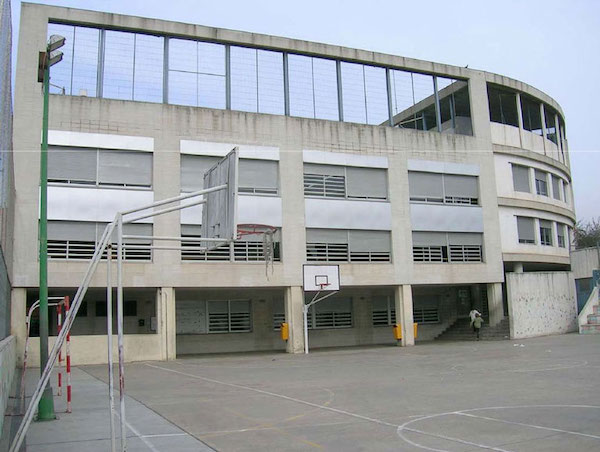
ESCOLA RIERA DE RIBES – Sant Pere de Ribes
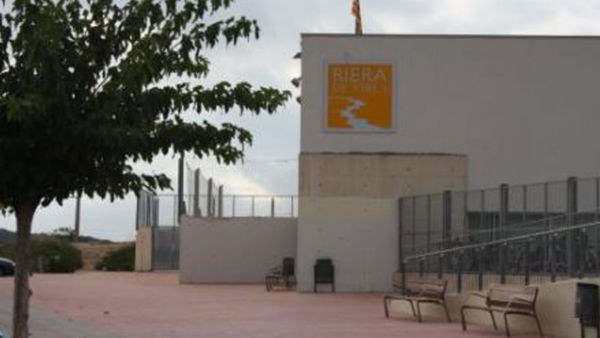
INSTITUT ESCOLA BARNOLA – Avinyó
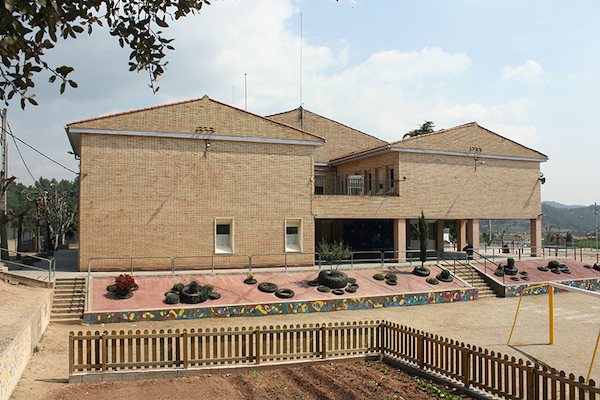
INS CARDENER – Sant Joan de Vilatorrada
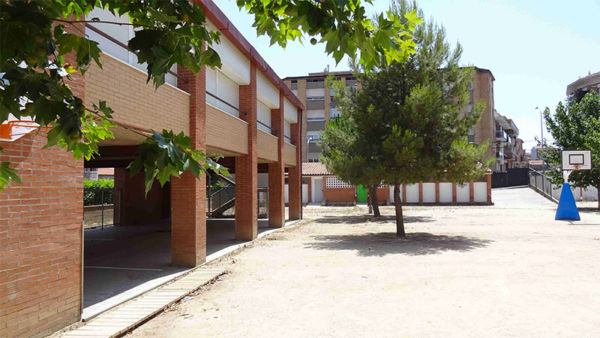
INS NAVARCLES – Navarcles
INS QUATRE CANTONS DE POBLENOU- Barcelona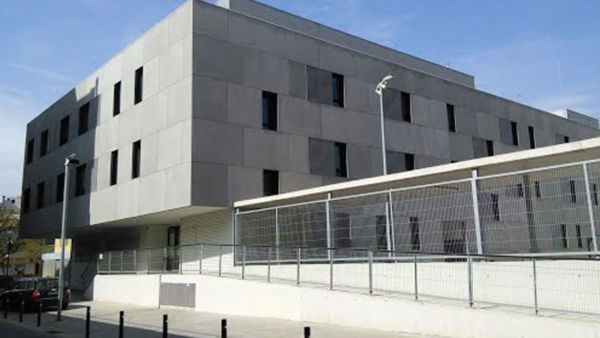
Escola Vila Olímpica
Anna Engel IP (Universitat de Barcelona)
Judith Oller IP (Universitat de Barcelona)
César Coll (Universitat de Barcelona)
Rosa Colomina (Universitat de Barcelona)
Júlia Griful (Vrije Universiteit Brussel)
Teresa Mauri (Universitat de Barcelona)
Marta Minguela (Universitat de Barcelona)
Javier Onrubia (Universitat de Barcelona)
Jordi Renom (Universitat de Barcelona)
Mª José Rochera (Universitat de Barcelona)
Jaime Fauré (Interinstitutional Doctorate of Educational Psychology, DIPE)
Anna Ginesta (Universitat de Barcelona)
Mariana Lago (Interinstitutional Doctorate of Educational Psychology, DIPE)
Clara Madrid (Interinstitutional Doctorate of Educational Psychology, DIPE)
Antonio Membrive (Universitat de Barcelona)
Iris Merino (Universitat de Barcelona)
Catalina Lizama (Interinstitutional Doctorate of Educational Psychology, DIPE)
Natalia Silva (Interinstitutional Doctorate of Educational Psychology, DIPE)
Sofía Adanovna Varona(Interinstitutional Doctorate of Educational Psychology, DIPE)
Horacio Vidosa (Universitat de Barcelona)
Alexandra Villablanca (estudiante del Doctorado Interuniversitario de Psicología de la Educación, DIPE)
María Isabel Vizquerra (estudiante del Doctorado Interuniversitario de Psicología de la Educación, DIPE)

